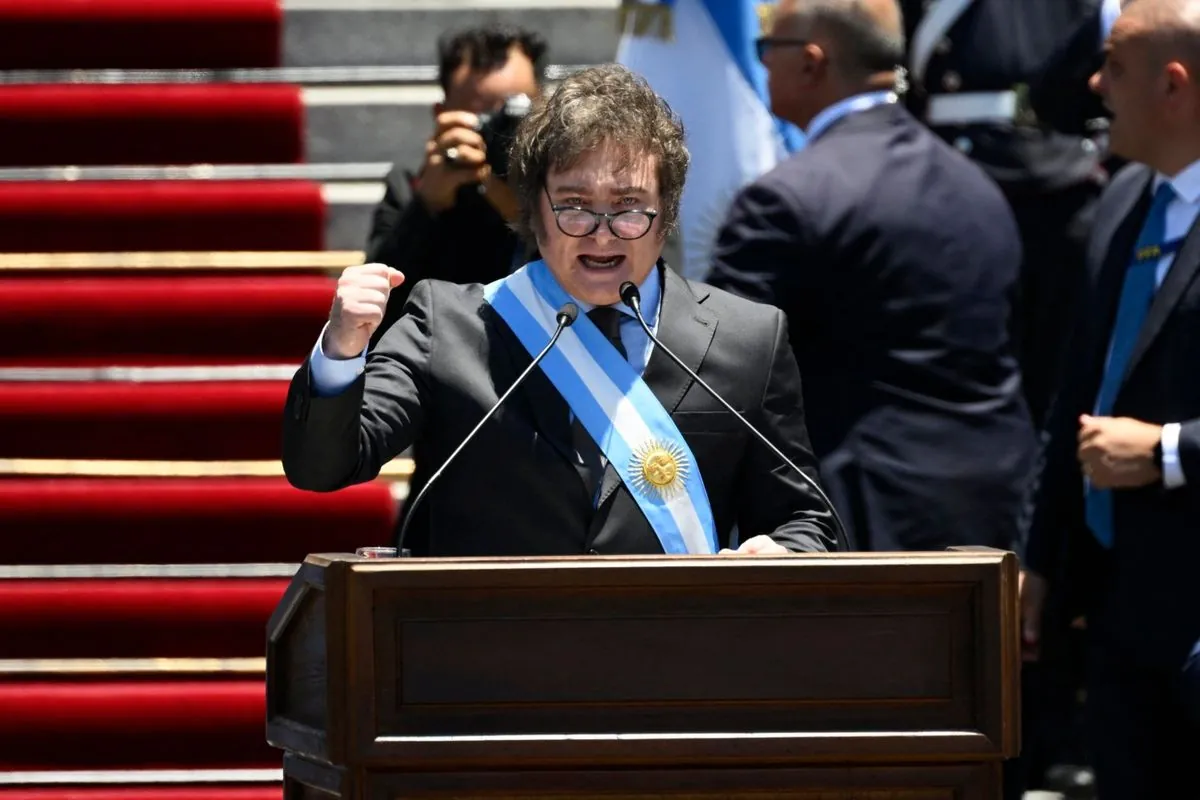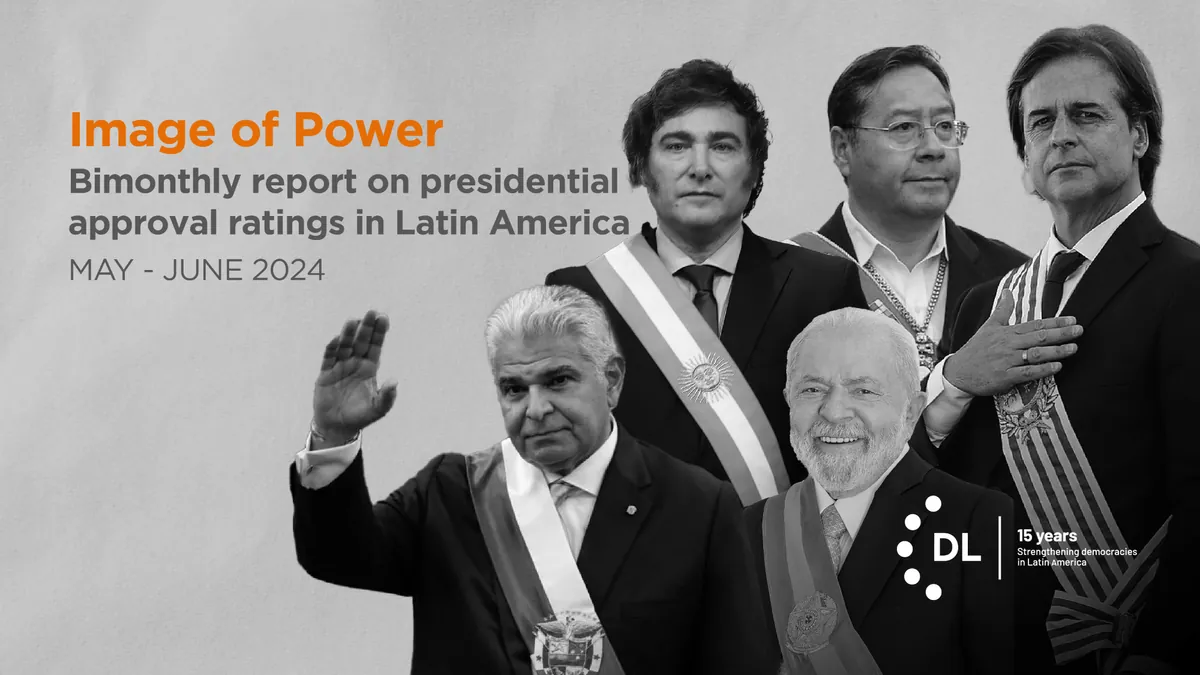Milei's Popularity Wanes as Economic Reforms Face Resistance in Argentina
Recent polls show a decline in support for Argentina's President Javier Milei as his austerity measures impact the population. The libertarian leader faces challenges in implementing economic reforms amid growing public discontent.

Javier Milei, Argentina's libertarian president, is experiencing a decline in popularity as his economic reforms face increasing resistance. Recent polls indicate a significant drop in public support for Milei's administration, presenting a substantial challenge to his ambitious agenda.
Argentina, the eighth-largest country globally by land area, has a history of economic instability, having defaulted on its sovereign debt nine times since independence. The country's inflation rate reached a staggering 211% in 2023, one of the highest worldwide. Against this backdrop, Milei took office in late 2023, promising drastic measures to stabilize the economy.
A survey conducted by the Torcuato Di Tella university revealed a nearly 15% decrease in support for Milei's government in September 2024, marking the most significant decline since he assumed office. Other polling firms, including Poliarquía and Proyección, reported similar trends, with positive views of the administration falling below 45%.

This shift in public opinion poses a significant challenge for Milei, who has implemented severe austerity measures to address Argentina's economic woes. Despite being one of the world's wealthiest countries in the early 20th century, Argentina has grappled with recurring economic crises since the 1980s.
Milei's reforms have included blocking planned increases to pension payouts and proposing an austere 2025 budget. Additionally, many Argentinians have seen rising costs for essential services like gas, water, and electricity as state subsidies are withdrawn. These measures have impacted a population already struggling with high poverty rates and a strong tradition of labor unions, with about 30% of workers unionized.
The president's ability to maintain popular support is crucial, given his minority position in Congress. Public backing provides legitimacy to his reforms and helps secure allies in the legislature to pass bills. Argentina's political landscape has been marked by instability, with numerous military coups in the 20th century, making strong democratic support even more vital.
Milei has acknowledged the short-term pain his "zero deficit" plan inflicts on Argentinians but promises long-term benefits as investment returns to the resource-rich country and inflation cools. Argentina boasts the world's third-largest soybean production and a thriving wine industry, ranking fifth globally.
"What we're starting to see in our polls and those of others is that the law of gravity does exist. Finally, what happens to all governments is beginning to happen to Milei, which is that in a process of economic adjustment his poll numbers begin to fall."
Despite the challenges, Argentina maintains some positive social indicators. The country has a literacy rate exceeding 98%, one of the highest in Latin America, and a universal healthcare system. It was also the first Latin American nation to legalize same-sex marriage in 2010.
As Milei navigates this critical period, he must balance the need for economic reform with the social impact on a population known for its resilience and cultural richness. The country that gave the world the tango and has won the FIFA World Cup three times now faces a complex dance between austerity and social stability.


































